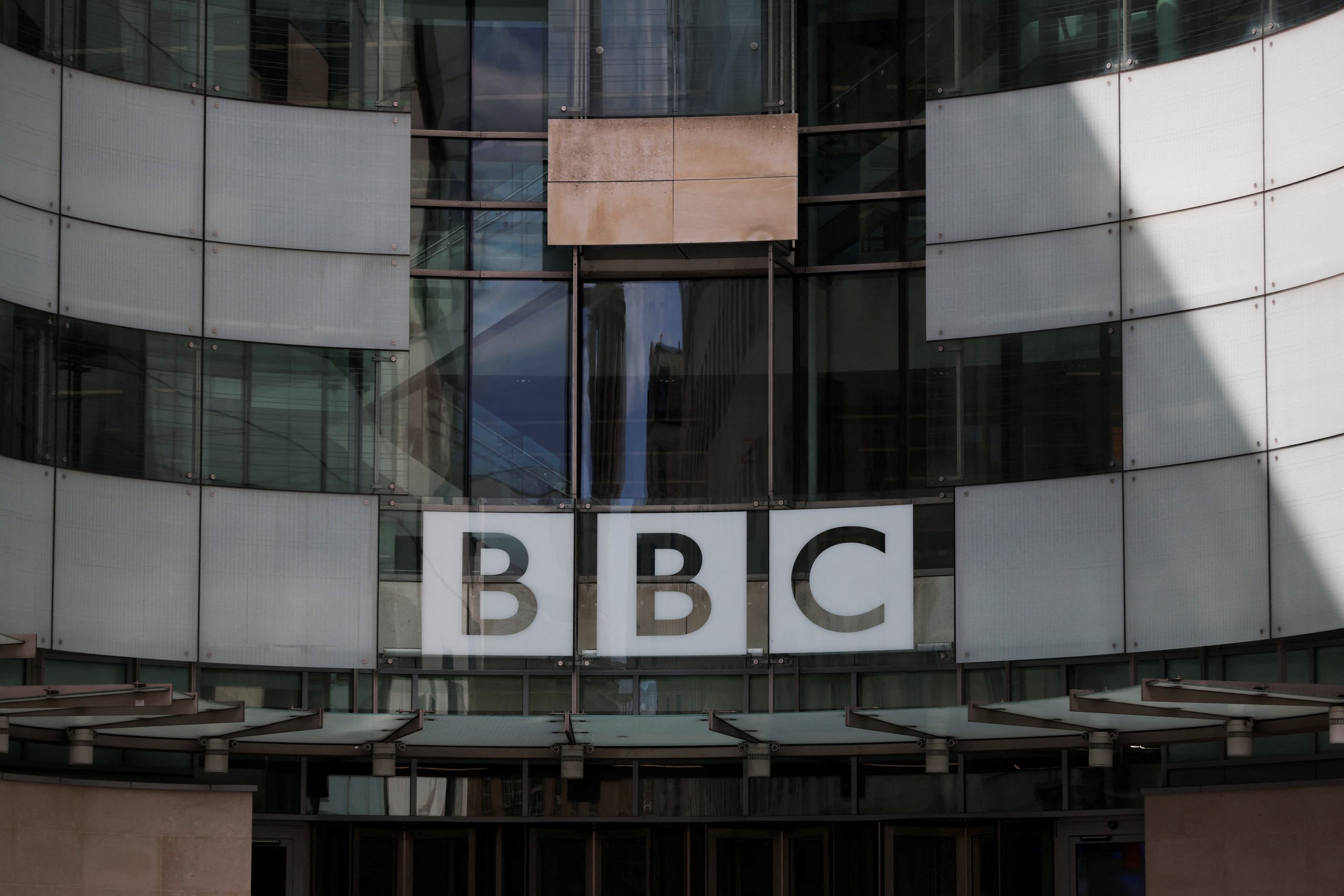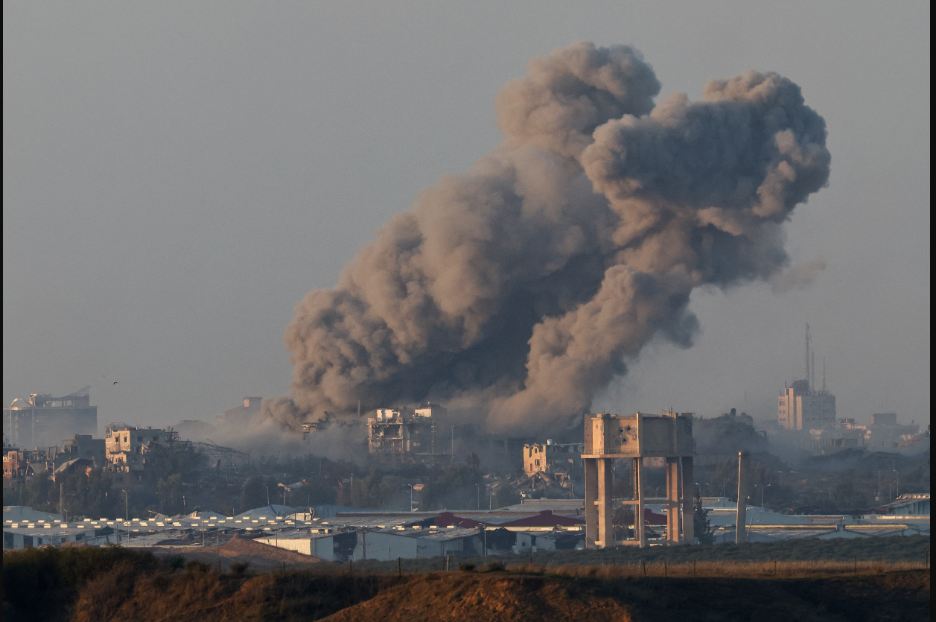Trump’s Dispute With BBC Raises Questions Over Broadcaster’s Global Future
London — A growing dispute between President Donald Trump and the BBC has intensified debate over press freedom, media accountability, and the future of one of the world’s most influential public broadcasters.
The confrontation follows an editing error involving a documentary segment that misrepresented portions of Trump’s 2021 speech, sparking political backlash and renewed scrutiny of the BBC’s editorial practices.
The controversy erupted when it was revealed that a documentary had combined fragments of Trump’s remarks in a way that suggested he encouraged violence during the Capitol unrest.
The acknowledgment of the mistake, followed by the resignation of senior executives, has fueled criticism from political leaders and government officials worldwide.
Trump has threatened a multi-billion-dollar lawsuit, intensifying the pressure on the broadcaster at a delicate moment in its international expansion efforts.
The dispute comes shortly after the BBC launched new operations in the U.S. aimed at offering trusted global journalism at a time of uncertainty.
The broadcaster now faces challenges on multiple fronts, with political figures in several countries citing the incident as evidence of bias or misconduct.
Officials in nations already at odds with independent media have indicated they may use the controversy to justify greater restrictions.
Observers warn that if the BBC is perceived as yielding to political pressure, it could embolden other governments to adopt aggressive tactics against its reporters.
Analysts say the outcome of this dispute may shape how media organizations defend their independence in increasingly polarized environments.
Despite the crisis, the BBC remains one of the most recognized and trusted news brands globally, broadcasting in dozens of languages to hundreds of millions of people.
Its World Service has played a key role during global conflicts, humanitarian crises, and political transitions across several regions.
Supporters argue that the broadcaster’s long history of public service journalism should not be defined by a single error.
They maintain that the organization’s broader contributions to global information access remain critical and widely valued.
However, the BBC is grappling with declining income due to frozen licensing fees and rising operational costs.
Financial pressures have led to staff reductions, service cuts, and a notable drop in audience reach over the last few years.
To offset funding challenges, the broadcaster has increased its commercial activities, including subscription services and digital expansions.
Its U.S. operations have shown strong audience engagement, but analysts warn that political challenges may complicate future growth.
Trump’s criticism has added uncertainty about whether the broadcaster will maintain full access to government briefings and regulatory processes in the U.S.
Industry experts say restrictions could hamper its ability to report effectively on American political affairs.
Similar tensions have surfaced in other countries, including India, where the broadcaster has faced government scrutiny and regulatory action in previous years.
Officials there have suggested that the recent editing error will be cited in future disputes, heightening concerns about press freedom.
International critics have also seized on the issue, with some governments labeling the broadcaster as biased or propagandist.
Such statements have raised concerns about the deteriorating environment for journalists working in restrictive regions.
Media specialists note that while the organization has faced crises before, this moment poses a significant test of leadership and institutional resilience.
They stress that transparent reforms, strong editorial safeguards, and a firm stand against undue political pressure will be crucial moving forward.
The broadcaster has pledged to defend itself against potential legal action and to reinforce its commitment to accuracy and impartiality.
Officials emphasize that the institution continues to provide essential access to information for millions of people in vulnerable or isolated communities.
Supporters argue that the broader international reputation of the broadcaster still carries considerable weight.
They cite polling that shows the organization remains one of the most trusted news sources in both Britain and the United States.
As political pressure mounts, the future direction of the BBC’s global strategy remains uncertain.
The coming months may determine whether the broadcaster emerges stronger or faces lasting challenges to its credibility and international reach.



